Living Ayurveda Part 1
Launch the Living Ayurveda Course video series. How to take better care of your body with Ayurveda, video one.
Life from the Outside In
My guess is that you’ve been on an exploratory path. You’ve taught yourself, and your yoga teachers have taught you, and your meditation teachers have taught you, maybe Tai Chi teachers have even taught you. You’ve learned a ton from the internet and from You Tube.
Sooner or later, if you’re into yoga, you find Ayurveda. Ayu means life and veda is study, so together it’s the study of life. In the West, we also have the study of life and we call it biology.
I remember biology class in college – I was on a pre-med track, so I took all the different biologies including ones about animals, plants and genetics. We learned about the body from an outside perspective, like counting the number of bones, the different muscle groups and the various systems. In the animal class, instead of understanding how prana works and how energy works, we dissected pigs and cows, and pig hearts and cow eye balls. That’s what you do in biology. We approached the study of life from the outside.
We never really talked about consciousness, and we never talked about prana, and we never really talked about how animals can thrive. Which is weird, because biology is the study of life. The point is to talk about what makes things thrive or what makes things not thrive and become diseased, but we didn’t.
Life from the Inside Out
In Ayurveda, we’re talking about the study of life from the inside out. The premise? We can learn how to take better care of ourselves. How? By understanding energetically and consciously how to optimize our physiology. That’s the core of the Living Ayurveda course.
The first tool that you know you have – and I’m just going to point out the obvious here – the first tool that you know you have is the ability to reflect and learn from your experience.
Project: Your Most Awful Day
We’re going to do a little project. I want you to tell me exactly what you could do to make yourself feel completely ill, totally sick. What would you need to do today to make yourself feel like shit tomorrow? Excuse my language, but you know what I mean. Go ahead and just think about one or two things from the past that makes your body feel awful. When your body feels awful usually your emotions feel awful, and it follows that your thinking isn’t so positive. Maybe you’ve noticed that correlation, too?
When I ask this question in a workshop, they’ll say things like, “Oh I know, I would eat a ton of sugar and flour, and I’d stay up really late and drink a lot of alcohol, or eat dinner really late. I would watch TV, or do something mindless, or just work on the computer all night.” They know exactly what they would do
.
Other people say, “Oh I would not drink any water today. I notice when I don’t drink water I get a headache, I can’t poop, my skin starts to get kind of icky, my eyes lose their luster, my tongue feels dry and I can’t taste food.” They notice all these things when they stop drinking water.
Someone else would I say, “I know, I won’t exercise, in fact, I won’t move for the rest of the day. I’ll just sit at this desk and type on the computer. I’ll just sit in front of the TV.” Now, you might be thinking, okay where are we going with this? How is it helpful to know how I feel bad?
Project: Your Amazing, Over-the-Top Day
Well, the other part of the project is to tell me what you would do to wake up tomorrow and feel amazing. Like the absolute best…the perfect of what you’ve realized so far.
When I ask this to everybody they say things like, “Oh, I know, I would hydrate and make sure that I got plenty of exercise. I’d spend time outside, because when I spend time outside I feel so much more alive, and I connect with nature.”
Someone would say, “I’d have a meaningful conversations, meaningful deep conversations that make my heart open, and then I feel my whole sense of purpose (that I’m here for a reason) come alive for me.”
Another yogi says, “You know I would go to bed early and make sure I get plenty of sleep. If I don’t get plenty of sleep, I’m not going to feel like a rock star tomorrow. Plus, I want to get up early, so that I have time to just enjoy the day before the day gets started. I probably don’t want to eat too late. I don’t want to drink alcohol, because it wakes me up in the middle of the night. I probably don’t want to drink caffeine, because when I have that cup of tea in the afternoon, I don’t feel how tired I really am at night.”
Okay. If that was your process, great job. What just reviewed all the past experience of what makes you feel terrible, and you’ve decided to hold yourself to a higher standard, a higher truth.
But you and I both know that you don’t live in a little “vacuum truth bubble,” isolated from everybody else’s decisions. Part of the reason it’s hard to make positive changes, like the ones above, is that other people’s actions start to impact our own self care. Say your husband comes home and says, “Oh I really want to go do this thing tonight, do you mind if I…blah, blah, blah.” That puts more responsibility on you; on your kids…now all of a sudden you’re up doing laundry, you can’t go to bed early, and so on.
It’s really a problem of support. To take better care of ourselves, we also need to be in communion with other people who are also looking at the relationship between cause and effect, between what makes us feel good and what doesn’t make us feel good. When you have support, you’re in conscious communion; you’re in the community with people actively engaged in the evolving age of health.
Love Is Oil
One of the practices that community is doing is putting oil on their body…every freaking day. Instead of soap, they’re using oil. Instead of lotion, they’re using oil. Maybe for you, it’s an experiment. If so, your next project for self care is to rub oil on your skin every day.
Use coconut oil in the summer when it’s hot, sesame oil in the winter when it’s cold – keep it simple. Maybe you start doing it, and everyone that you
hang out with in this community begins talking about what they’re noticing from the massage. They’re noticing, “Wow I feel better about my body, just by using oil.
It’s not so surprising, because oil is love in Ayurveda. oil is sumptuous it has this quality of snehana, this like…sumptuous, oozy quality. And, love has this sumptuous, oozy quality.
You know when you really feel love? I am this way with my daughter (and she and I are kind of ridiculous), we just like…ooze love all over each other. We call it a love fest, usually it happens once a day or so. We just like…can’t get over how much love there is and we just love, love, love on each other.
People do this with babies. Have you ever noticed that? You watch a woman with a baby, in particular (men too…if it hasn’t been shamed out of them, they can have a love fest, too), and feel that sense of oozing. That is cool, because in Ayurveda that is the same quality as oil. So, Ayurveda says oil is the physicality of love. If love were to show up in the physical world as a substance, it would show up as oil. In yogic self-care, we take this oil and we just rub, rub, rub it into our skin. Into our encasement, into our envelope.
When your body takes love in, in the physical form of oil, your body starts to feel loved.
Now, there are many self-esteem practices that you know, that everyone’s probably done. Positive affirmations like, “I love myself,” but you look in the mirror and you’re like “I hate my thighs.” Then you think…”I’m not doing my mantra,” let’s change it to “I love myself.”
Well, saying that is not a bad idea, but the thing about oil massage is that you show your physical body. Your cells feel loved. When your cells feel loved there’s an experience of “I love my body.” When you have the experience of “I love my body,” it just doesn’t register to look in the mirror and say you hate your thighs. You’re in a
different plane of consciousness, and no longer in dualistic self-judgment. All of that has literally been rubbed away by the intention in your heart, the friction of your hands, and the oil soaking into your skin. It’s really that simple.
Feel the Change, See the Lustor
In your community, people are doing this day in and day out. After a month, or two, or three, people start to notice….”oh, I have no cellulite…that’s kind of cool. And my body…even though I’m rubbing fat in, I have less fat overall, that’s really interesting.”
Someone else is noticing, “my backbends are so much deeper, they’re so much easier. Or, my joints have stopped cracking, and their hair is getting thicker.”
We start to notice these beneficial side effects, and someone else says, “You know, I’m more at home in my body then I’ve ever been, and I’m 65. When I look back and think of all of the years, of all those years as a teenager when I was at war with myself, all those years in my early 20s when I was at war with myself, all those years of bearing children… my goodness, it would have been so nice after birthing a baby to help my body come back into its natural shape, with love.”
That is the thing about oil massage. It has all these benefits. When we start to learn self-care techniques, and we start to really do them consistently, over time we notice that this is a core practice. It’s a core competency that I want to have for the rest of my life. When I’m in my 70s, I’m not going to be like that dry, crackly, old lady. I’m going to be like Dr. Vasant Lad, that Indian guy who’s…shining! He’s glowing, there’s luster coming out of his skin. Why is there luster coming out of his skin?
You guessed it; Dr. Vasant Lad practices the daily self-care practice of oil massage. It’s really that simple.
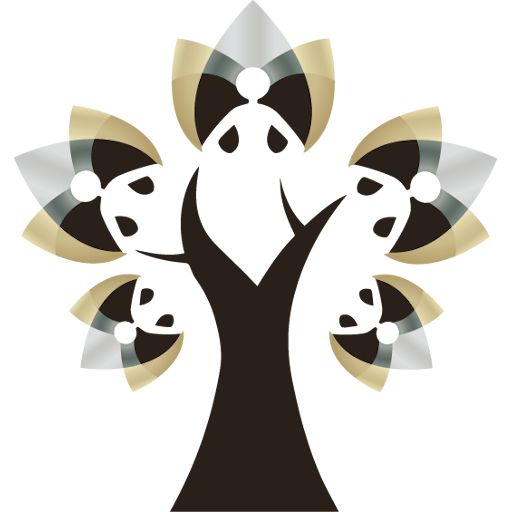

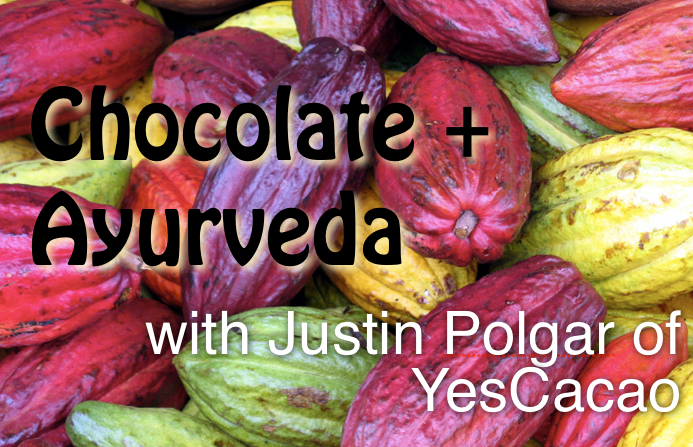
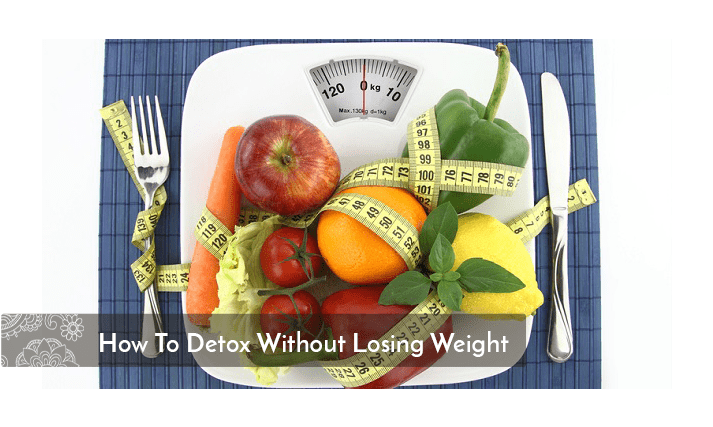
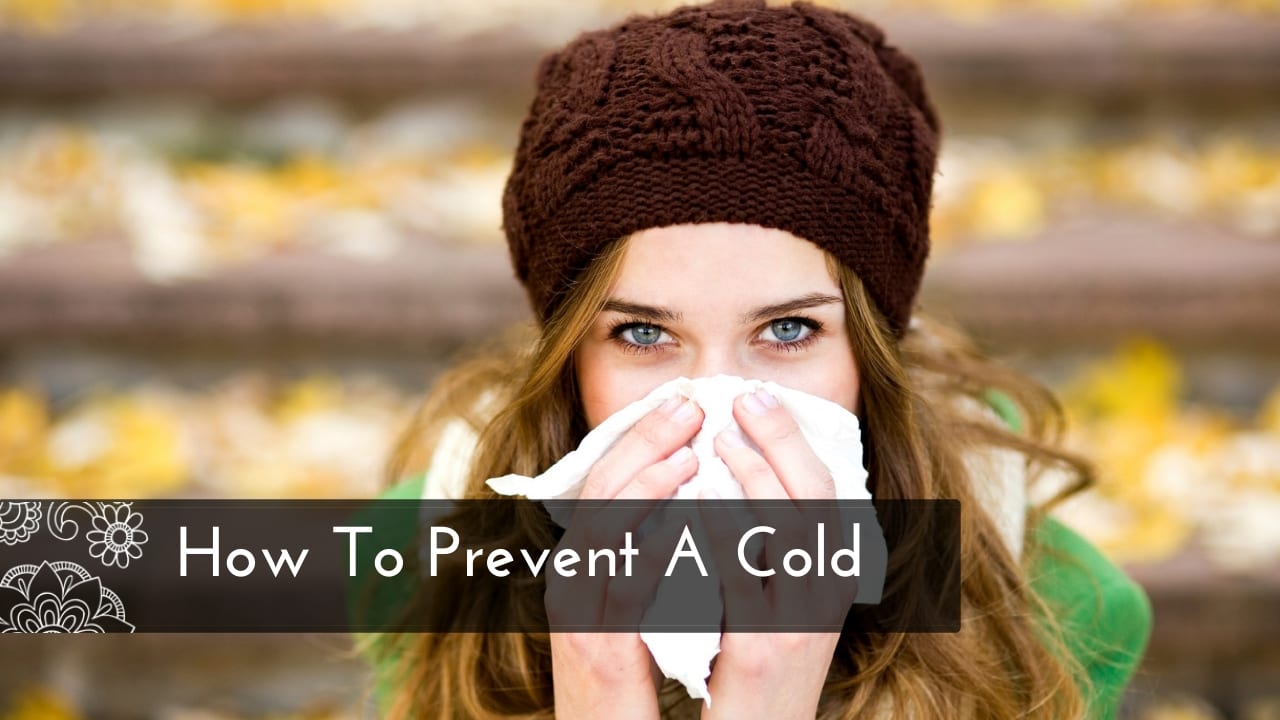


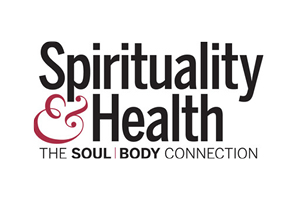

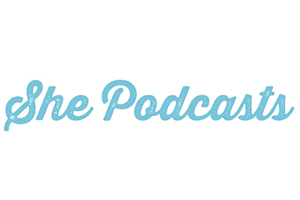
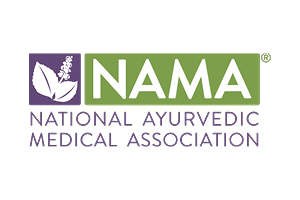

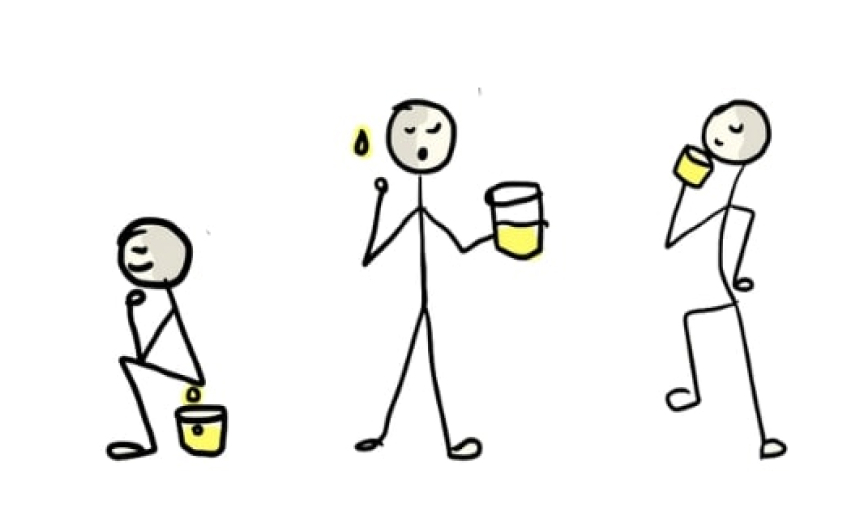
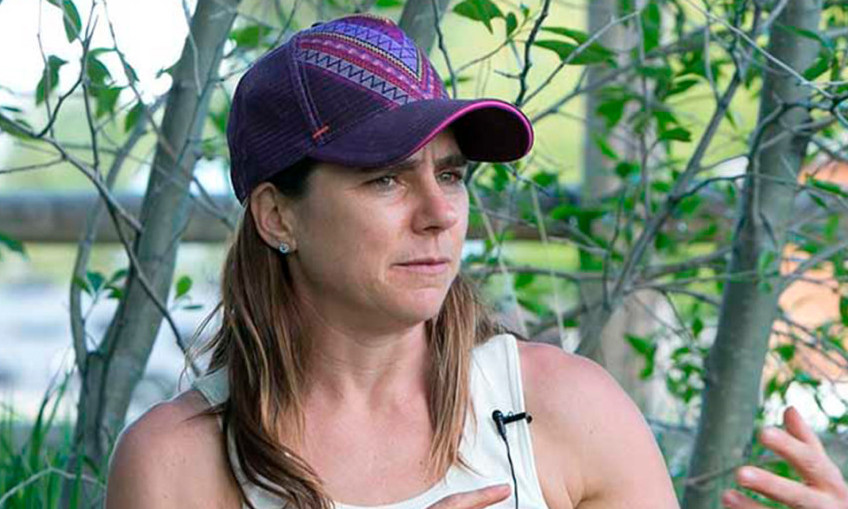
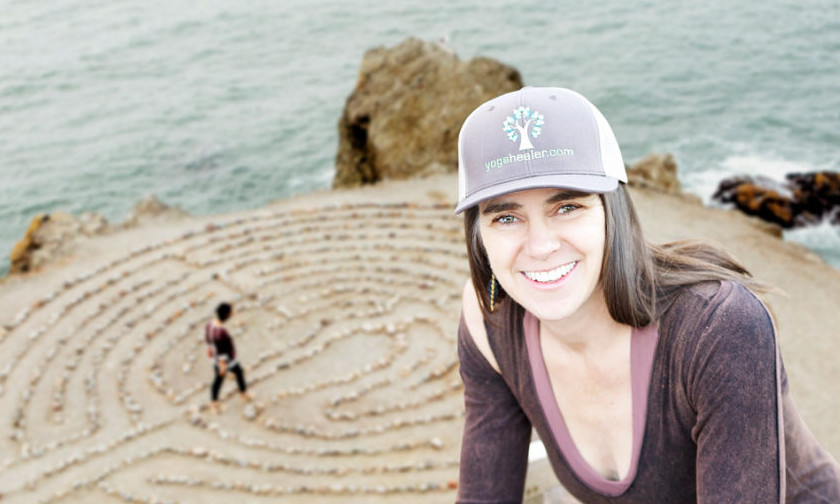
Comments
No comments yet, be the first to comment